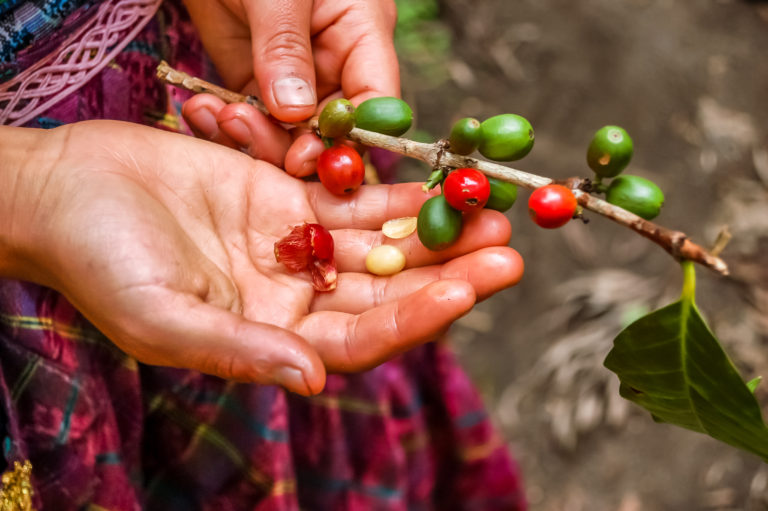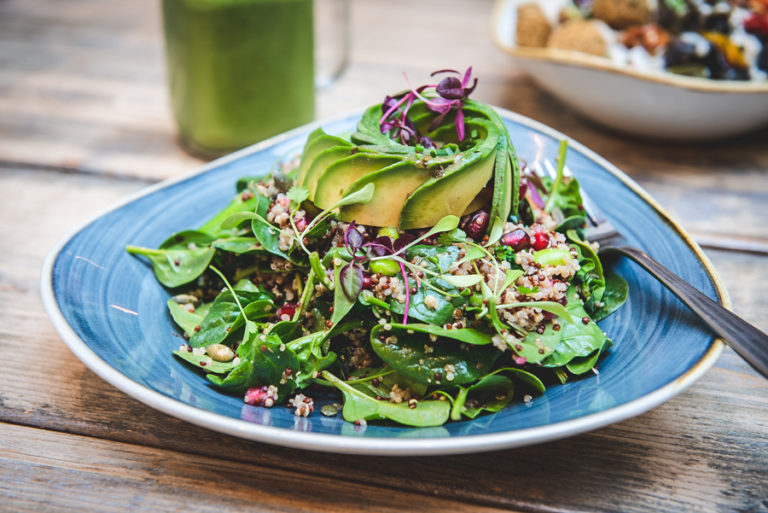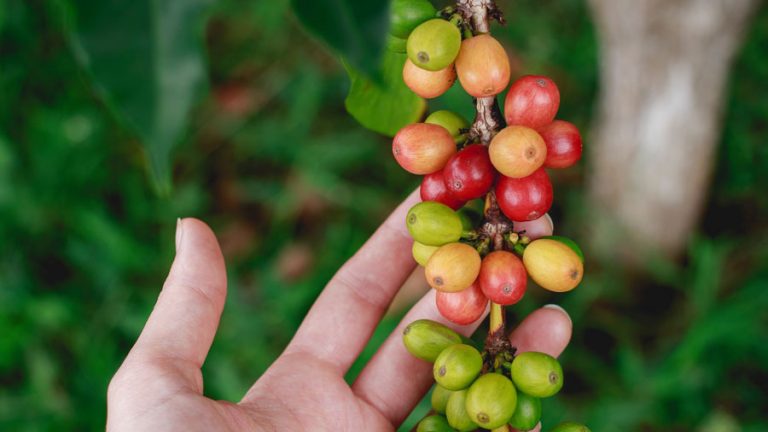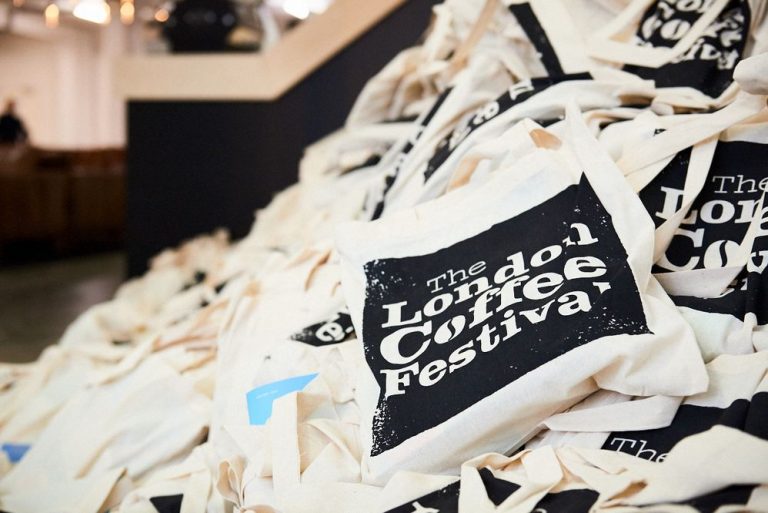
An interview with Richard from Coffee Compass
How long have you been roasting coffee?
Before setting up the Coffee Compass I worked as a Coffee and commodity trader in the late 80s and moved to Kenya for a couple of years, living on a coffee estate. This really opened my eyes to just how much effort gets put into the coffee process as a whole even before it reaches the UK – something I try never to forget. It was after this experience and having developed a love of the roasting process that I decided to set up an artisan roastery in 1991. At that point in time, the coffee culture was based on instant coffee and low-grade bulk production serving the few cafes that were about who uniformly sold very industrial, low grown and poor grade coffees. This isn’t to say there wasn’t great coffee around, just that it was very much harder to find.
What goes into our Moksha Blend? And what do you do to give it that distinct taste?
When we first spoke with Oli about the coffee profile that he wanted to achieve he was clear that he wanted a coffee with depth, richness and an ability to cut through milk. We went through a number of blends, some went down better than others, before agreeing on a blend of Colombia Supremo, Brazil Ipanema Gourmet Bourbon, Peru Inambari Mayo Speciality, Indian Mysore plantation A & Indian Monsooned Malabar and lastly Kenya AA Blue Mountain.
Each individual coffee can hold it’s own on a cupping table but combined add extra dimensions. The Indian coffees add a chocolate character, the Peru and Kenyan bring a crisp acidity and fruity aspect with the Colombian and Brazil providing creaminess and body.
Can you tell us a bit about the process of how you go from an untouched bean to a perfectly roasted blend?
These days many roasters are using computer systems to roast their coffee, however, we roast using traditional drum roasting, meaning the process is far more akin to cooking than manufacture. When roasting we use sight, sound and smell to decide how a coffee is maturing through the roast. This is key as each coffee roasts and reacts differently at certain temperatures, it is not a clinical process and we believe that it shouldn’t be. Every consignment and often every bag will vary in the way the roast develops. Factors such as the point in the harvest when the coffee was picked,the processing method, the speed of drying, the varietal of the bean ,the air temperature on the day of roasting among many other variables mean that a good roaster has to be flexible and able to adapt the roast to achieve optimum results and do justice to the hard work and efforts that have gone to produce, pick and process those beans .
How important do you think coffee and cafes are to our culture?
It’s a telling sign that through the past few years of austerity and cuts in the UK the coffee sector has continued to boom. People will forgo a great many luxuries before giving up their coffee . For many a visit to a favourite cafe is a chance to enjoy affordable quality ,recharge,meet friends and reset in the time scarce, 24hour society in which we live . Whenever I talk to people about coffee, to each person it represents something different and this is why I think coffee will continue to be integral to our day-to-day life. A beautiful cup of coffee is a joy to serve and share with guests, friends and customers and we are proud to roast and pass that coffee baton to Baristas such as those at The Moksha cafe, who appreciate how to and do, serve it at its best




